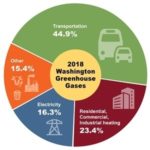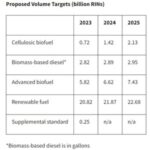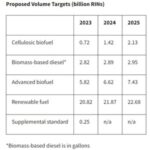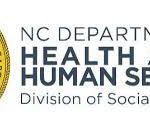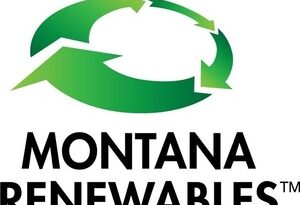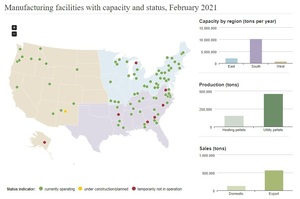EPA opens comment period on proposed settlement with Genscape
Energy Disrupter
ADVERTISEMENT
The U.S. EPA on March 16 published a notice of proposed settlement agreement that alters the number of renewable identification numbers (RINs) that Genscape must retire to comply with a final determination issued by the agency in May 2019 that, in part, revoked Genscape’s registration as a Quality Assurance Plan auditor under the Renewable Fuel Standard.
The EPA in January 2017 issued a notice of intent to revoke the ability of Genscape to verify RINs under the RFS QAP. At that time, the agency said it was taking such action to hold Genscape accountable for failing to meet all elements of its approved quality assurance plan and for verifying millions of RINs that were fraudulently generated by two companies, Gen-X Energy Group Inc. and Southern Resources and Commodities. The agency also said it planned to require Genscape to retire valid RINs to replace the approximately 68 million invalid A-RINs the company verified, which were then used for compliance.
The EPA issued a final determination regarding Genscape’s QAP status in May 2019, revoking the company’s registration as QAP auditor, revoking its QAP A Plan, and requiring the company to replace the remaining invalid A-RINs it had verified and that were used for compliance purposes under RFS statute.
Genscape in July 2019 filed a petition for review with the Sixth Circuit Court of Appeals challenging the portion of the final determining that required the company to replace the invalid RINs. The proposed settlement agreement published by the EPA on March 16 would no longer require Genscape to retire 69.17 million valid current or prior year D3, D4, D5 or D7 RINs. Instead, Genscape would now be required to retire 24 million valid current or prior year D3, D4, D5, or D7 RINs with 48 months. Of those 24 million RINs, at least 6 million would be required to be retired within 12 months, with 12 million retired within 24 months and 18 million retired within 36 months.
A public comment period is open through April 15. Additional information is available on the Federal Register website.


